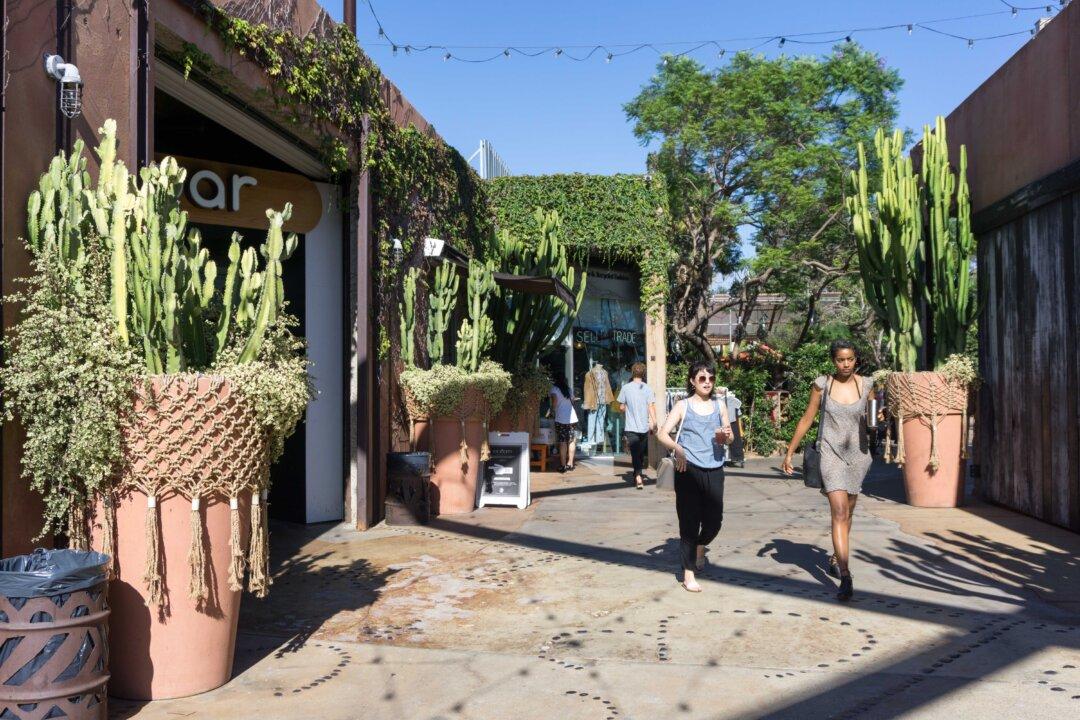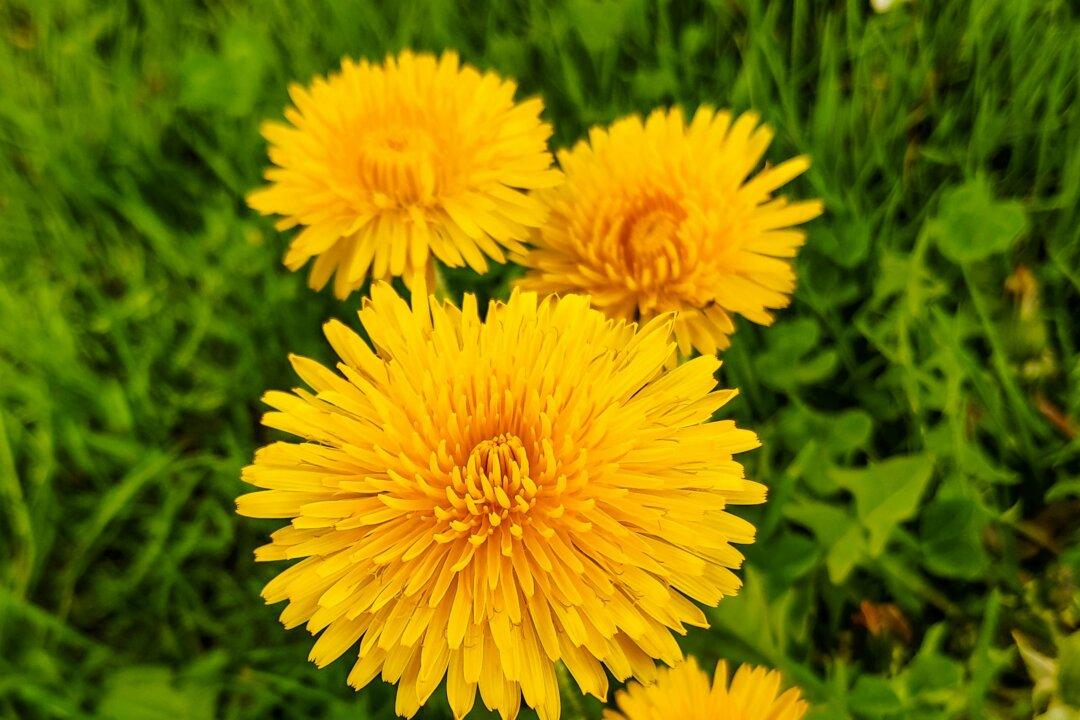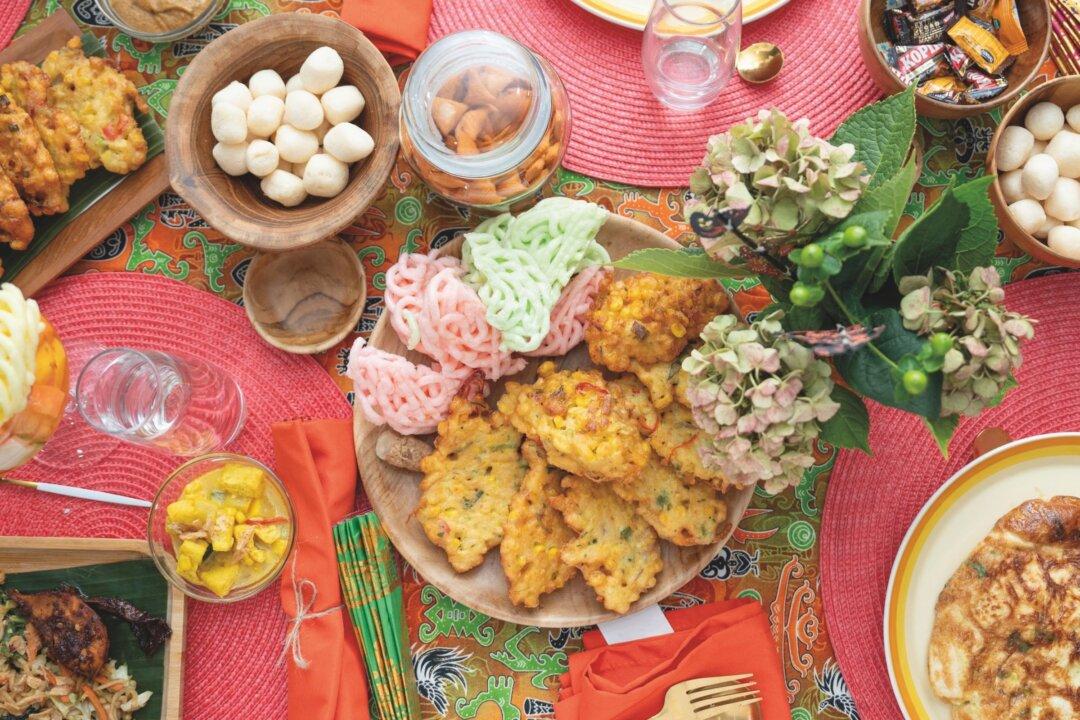COSTA MESA, Calif.—South Coast Plaza has made Costa Mesa an international shopping destination.
The behemoth mall is the largest luxury shopping complex in California and the third largest in the country, counting such luxury icons as Hermes, Chanel, and Louis Vuitton—which boasts a private VIP atelier—among its 250-plus boutiques. Millions of shoppers visit each year.






